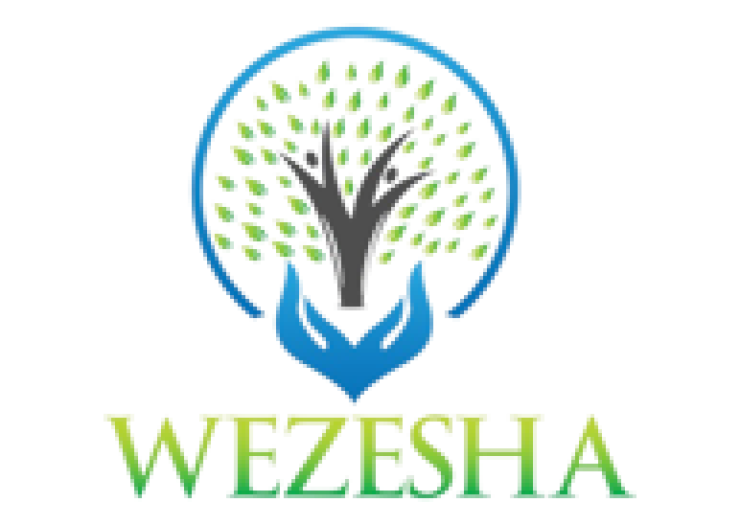
Conference theme: Lost Generation: Curse or Cause for Concern?
Background:
The consumption of toxic, illegally brewed alcohol, and the abuse of drugs among Kenya's youth pose significant barriers to achieving the Sustainable Development Goals (SDGs) as outlined in both Agenda 2030 and Agenda 2063. This issue not only threatens individual health and safety but also undermines public health and erodes the fabric of society, hindering economic stability and impeding progress towards a healthier, more prosperous future. Numerous cases of death and hospitalisation have been recorded due to exposure to these toxic substances. Furthermore, many people who have been using narcotics such as cannabis, khat (miraa), toxic alcohol and any other forms of drugs have had serious health issues, including mental health disorders, HIV/AIDS from needle sharing, and other diseases. These substances present a serious challenge to the development and well-being of individuals and communities across the country. The State, through its diverse services, struggles to address the phenomenon. Public health and law enforcement are constantly in alert and strive to fight this prohibited practice that has affected social relations and economic stability.
This complex societal phenomenon may require a holistic approach for an effective change in people’s behaviour. The State’s intervention alone, that consist in the provision of public health and law enforcement, is not enough. Community-based initiatives, often supported by NGOs and groups, play a crucial role in providing education, prevention, and rehabilitation services at the local level. It is within this framework that Wezesha, in collaboration with Street Medicine Africa are organising a Symposium that would bring together international experts, NGOs, agencies, groups and those working to combat illicit alcohol and drug use in Kenya, to promote sharing and networking across disciplines and sectors.
Objectives:
* To convene stakeholders to share experiences and articulate strategies for tackling this significant issue as a shared responsibility.
* To build and strengthen cooperation among medical practitioners, NGOs, and universities, encouraging continued conversation on illicit alcohol and drug abuse control.
Target Audience:
Researchers, medical experts, treatment providers, and those concerned with the public health issue of the
physical and mental harm caused by alcohol and drugs dependence.
Structure:
The two-day symposium will feature an international and national panel of experts, researchers, treatment and support providers, and survivors.
Expected Outcome:
Participants will identify gaps and collaborate to address the root causes of illicit alcohol and drug abuse, learn from others providing support to those affected, and ultimately work to reduce the prevalence of substance abuse in society.
When
* Wednesday, 16th October 2024: Exploration of the current situation and interventions.
* Thursday, 17th October 2024: Focus on identifying gaps and strategies for workable solutions.
Venue:
Cooperative University of Kenya
Format of the Two-Day Symposium:
The symposium will feature a comprehensive and interactive agenda, including:
* Keynote Address: Opening remarks by distinguished guests, setting the tone for the symposium.
* Presentation of Case Studies: Various actors, including NGOs, groups, researchers, and medical professionals, will present case studies highlighting their experiences and interventions.
* Survivor Stories: A session dedicated to personal narratives from individuals who have overcome challenges related to the symposium's focus, providing valuable insights and inspiration.
* Panel Discussions: Expert panels will discuss critical issues, challenges, and potential solutions, encouraging engagement from the audience.
* Workshops: Interactive sessions designed to provide practical skills, share knowledge, and foster collaboration among participants.
* Exhibition: A showcase area for organisations, innovations, and services related to the symposium themes, materials necessary for the event.
Background information for organisations
Wezesha Dada: Established in 2010 Wezesha Swahili for ‘empower’, is an African Diaspora led Development organisation that aim to support, promote and empower African Women, Children and Youth, who have been affected or are likely to be affected by issues of conflict, violence and poverty. The organisation works in collaboration with local groups and stakeholders in establishing partnerships to raise awareness and to end sexual and gender-based violence and poverty. With Headquarter in Dublin, Wezesha has branches in Kenya and Democratic Republic of Congo.
Street Medicine Africa (SMA) is inspired by the global Street Medicine Model, which involves practicing medicine outside of traditional hospital settings. This approach focuses on providing medical care to individuals experiencing homelessness or living in poverty, who may not have access to conventional healthcare services. Consequently, healthcare services are brought directly to them, whether in shelters or on the streets.
Initiated in 2023, SMA key objective is to convene and facilitate the exchange of ideas, skills, and experiences, fostering a culture of learning and collaboration through conferences, workshops and meetings for professionals working with individuals affected by illicit alcohol and drug use and abuse, or those working in the area of health and with vulnerable groups. SMA seeks to foster sharing and networking across disciplines and sectors, identify gaps and strategies, and address the growing challenge of alcohol and drug use and abuse in Kenya. There is also a hope to replicate this model in other African countries. This symposium, set to take place in Nairobi, Kenya, and organised under this innovative model, will be a pioneering event in the country. It represents a significant advancement in this critical area, showcasing aproactive approach to addressing key health challenges.
Event Venue
Name
Cooperative University of KenyaLocaiton
Karen, Nairobi, KenyaEvent Expired